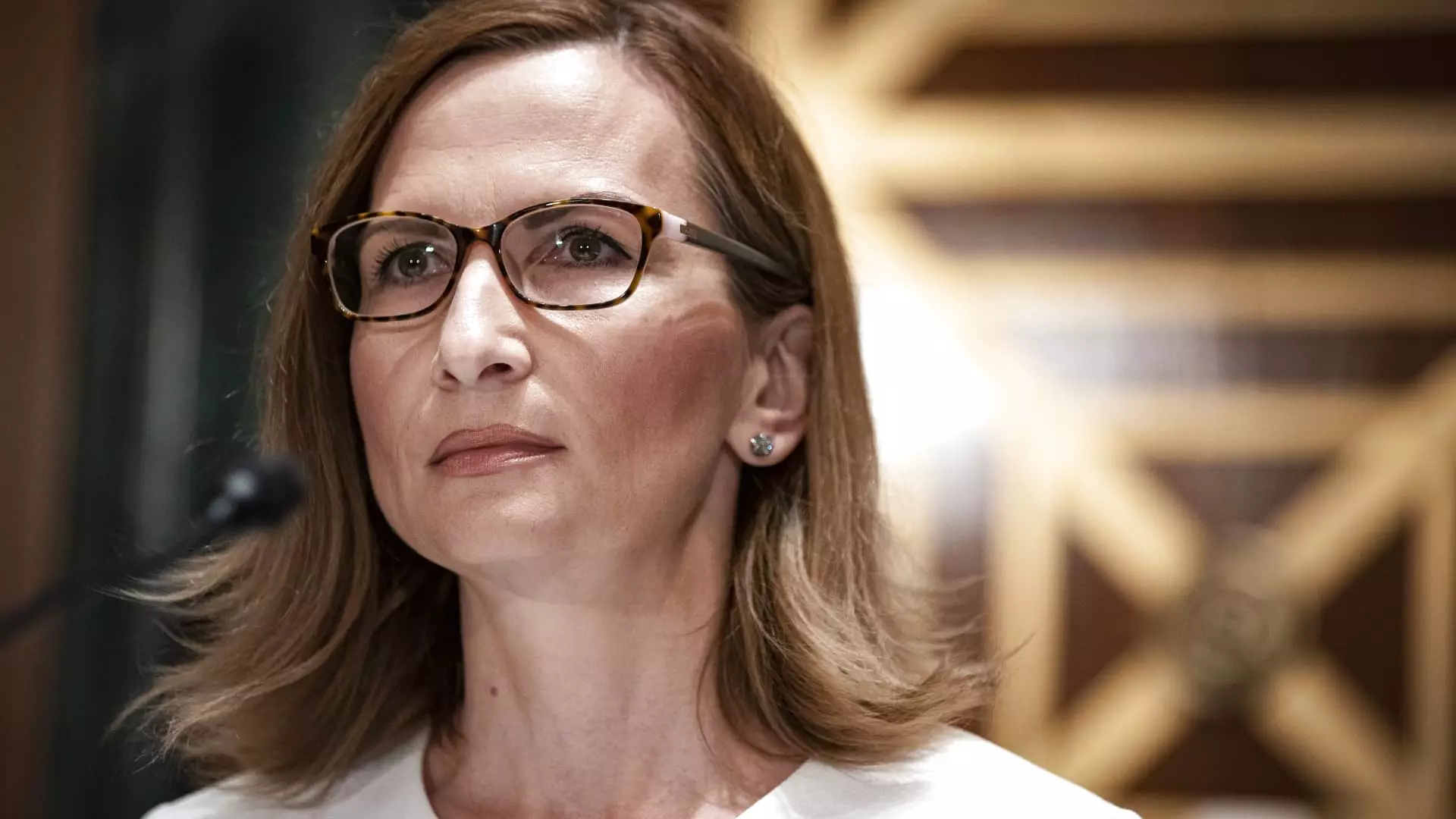The recent bankruptcy of fintech middleman Synapse has left a gaping $85 million shortfall between the deposits owed to customers and what partner banks are actually holding. The fallout has resulted in more than 100,000 customers being unable to access their savings accounts for nearly a month. The situation has been described as the worst meltdown in the U.S. fintech sector since the 2008 financial crisis, raising serious concerns about the security and stability of the industry.
According to trustee Jelena McWilliams, customers of fintech firms that utilized Synapse had a total of $265 million in balances. However, the partner banks only had $180 million associated with those accounts, leaving a significant discrepancy that has yet to be resolved. The exact source of the missing funds remains unknown, with allegations of improperly moving balances or keeping incorrect ledgers swirling among the involved parties.
Since being appointed as trustee on May 24, McWilliams has been working closely with four banks, including Evolve Bank & Trust, to reconcile their ledgers and allow customers to regain access to their funds. However, the complexity of the situation has been exacerbated by the commingling of funds among multiple institutions and the lack of clarity surrounding the handling of end-user funds and negative balance accounts. This has made it difficult to determine where the missing funds have gone and how they can be recovered.
Despite the challenges, progress has been made in restoring access to accounts held in demand deposit accounts, though users with funds pooled in FBO accounts face a longer wait. McWilliams has presented several options to Judge Martin Barash to expedite the reconciliation process and provide relief to affected customers. These options include paying some customers in full while delaying payments to others, or spreading the shortfall evenly among all customers to release limited funds sooner.
At a public hearing, Judge Barash expressed his gratitude to McWilliams for her efforts but voiced uncertainty about the court’s role in resolving the crisis. The unprecedented nature of the situation and the complex legalities surrounding the ownership of depositors’ funds have made it challenging to determine a clear path forward. While McWilliams recommended partial payments to all FBO customers as a temporary solution, the judge raised doubts about the feasibility of such an approach.
The Synapse bankruptcy debacle highlights the fragility of the fintech industry and the pressing need for stronger regulations and safeguards to protect customer funds. The $85 million shortfall serves as a stark reminder of the risks involved in relying on intermediaries for financial transactions and the importance of transparency and accountability in the fintech sector. As the case unfolds, it remains to be seen how the involved parties will navigate the complexities of the situation and find a resolution that ensures the recovery of missing funds and the restoration of customer trust.



Leave a Reply